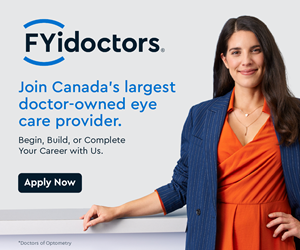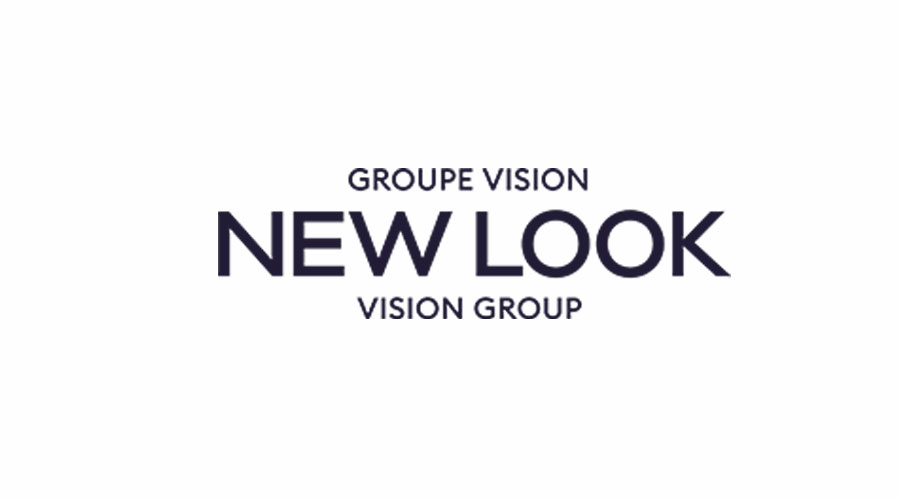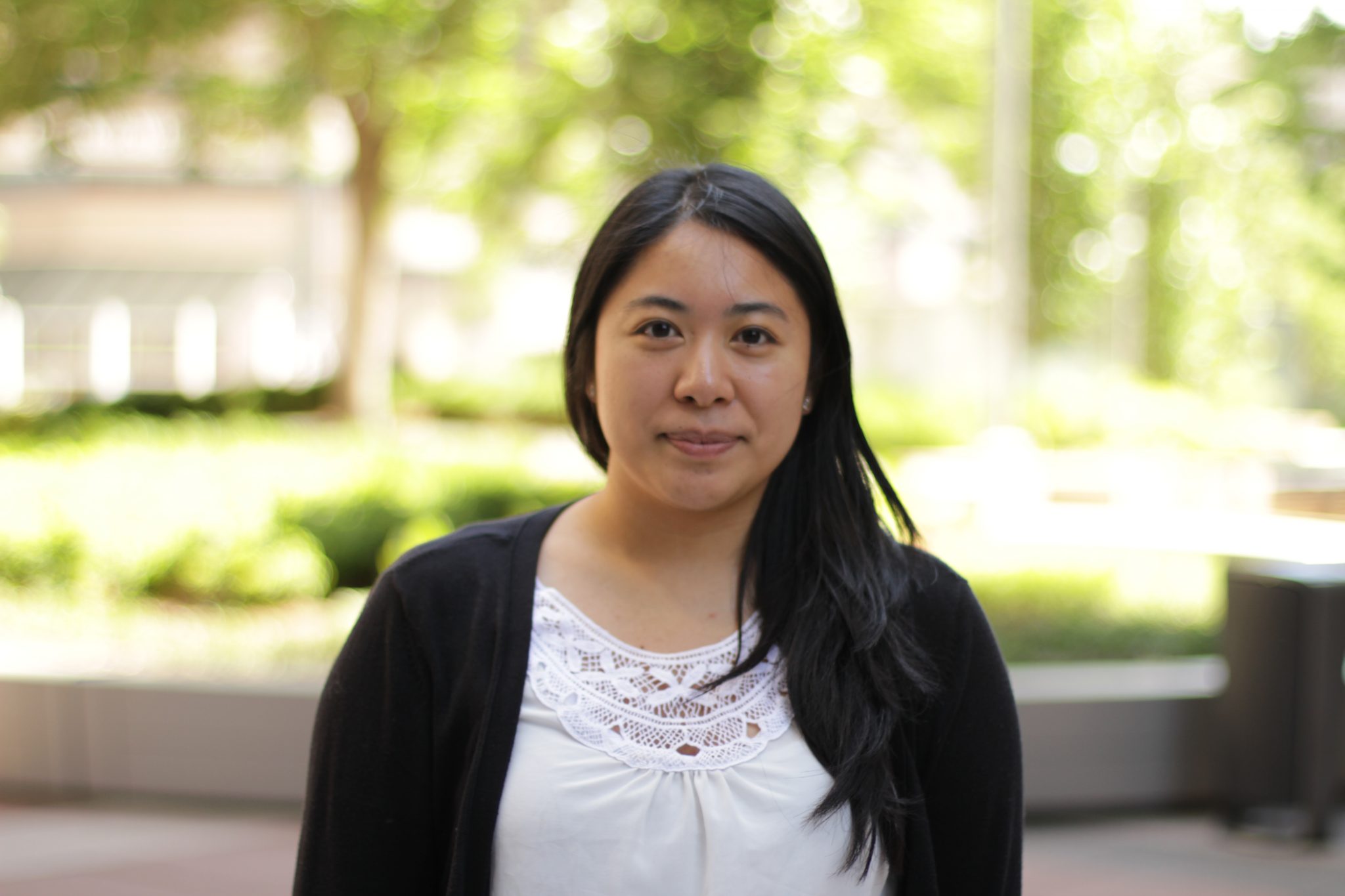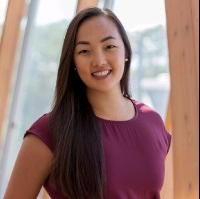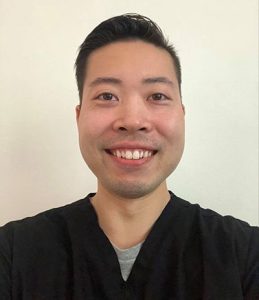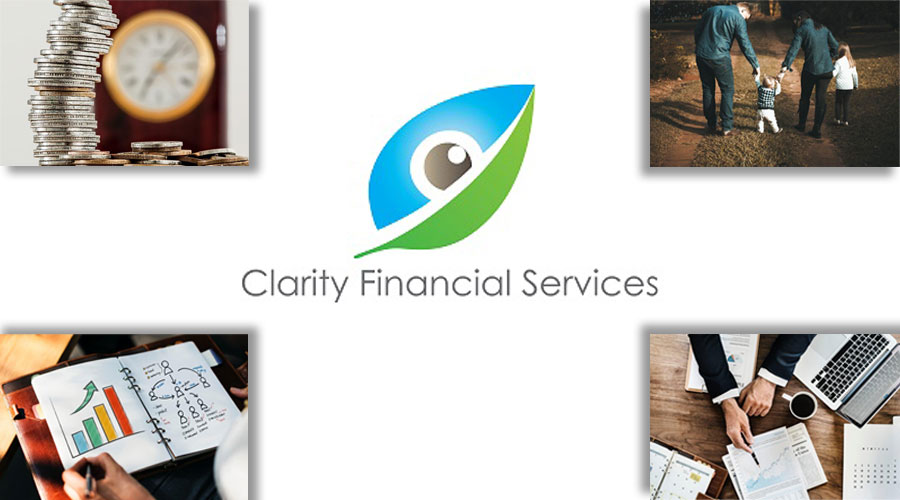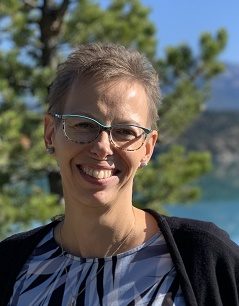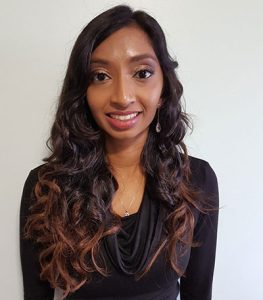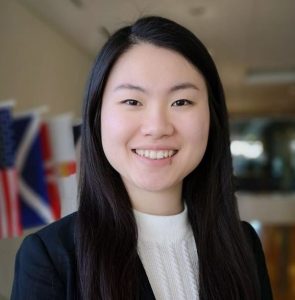
While many eyecare practices do not have human resource specialists at their disposal, it’s always of benefit to understand what best practices are among sophisticated businesses that have HR specialists. This is true of pre-employment background checks.
Let’s look at best practices in background checks and how you might apply them in your eye care business.
Background checks have long been a part of many businesses’ hiring processes. It is the primary method employers and hiring managers use to gather valuable information on a candidate to help them judge whether a person is the right fit for their organization.
A designated employee or a third-party provider typically conducts background checks. Employers can run different types of background checks on job applicants. Some may require applicants to submit fingerprints, while others may call references to conduct a reference check. The amount and kind of background information collected will depend on the type of job the person is applying for and what the employer needs to know about their potential candidate.
While we will focus on the types of associates that eye care practices employ, it’s also important to understand the relevant employment laws of your province.
Privacy laws and human rights laws in Canada impose guidelines on background checks that companies can conduct on job applicants. Their privacy laws advocate minimum data collection. This means that if an employer does not need specific information (e.g., driver’s license number) for the job the employer cannot ask for it in their forms.
Moreover, employers must obtain a signed consent form from a candidate to collect their information. Companies also should be transparent with applicants about the following:
- What personal data they are collecting
- With whom they are sharing personal information
- How they are collecting personal information
- Why they are collecting the personal information
- What are the risks or consequences the candidate faces should someone obtain these pieces of information
Canadian laws seek to protect employees’ privacy and human rights while also balancing the interest of the employer.
Reviewing Employment Background Checks
Employment background checks can take a lot of time and effort. It is essential to ensure that the process is done legally and correctly for the information gathered to be helpful to hiring managers. A small mistake could result in disqualifying the wrong candidate, leading to unnecessary costs spent on superfluous interviews or other aspects of the recruitment process.
Not having a person responsible for background checks and making sure these background checks are done correctly, could have catastrophic results.
Many practice managers and owners don’t fully grasp how important this is because they do not know how to conduct their background check on a candidate properly. They also may not be aware of the importance of doing this properly and efficiently.
Conducting Pre-Employment Background Checks
Hiring managers can do a background check on individuals applying for a job in their companies. However, some laws govern what aspects of the candidate’s background they can check and how they should go about the process.
In most cases, employers and hiring managers can look into the following aspects of a job applicant’s background:
Licensing and Educational Background
Verifying a candidate’s license status might seem elementary, but it is essential. In most cases a simple check with the relevant provincial college or association to ensure an individual has a license in good standing is a quick and easy task.
If you are unable to easily verify that an individual is in good standing with their professional college, proceed with extreme caution.
For both jobs requiring a license and even for those that do not, educational background is part of ensuring the candidate has the skills and knowledge to perform the responsibilities of the position they are applying for.
It is also beneficial to know if the candidate has taken any courses at a vocational school since these programs will provide relevant hands-on work experience. If a candidate has a degree, it is vital to verify that what they say about their major and minor fields of study are accurate.
Employment History and References
The last thing any practice wants is to hire someone who is late for work every day or who turns into an entirely different person once they start working.
Some people also make false claims about their employment history. A thorough background check can verify what the candidate says about their previous employment and whether they are being honest about their work experience. A candidate’s work history will also show if they have previously been terminated and have a record of severe offenses in their previous employment.
Criminal History
Companies must hire candidates who have a clean record. This will keep their company safe from any legal problems that would result from a candidate who breaks the law. Hiring an employee with a history of violent crimes may also compromise workplace safety and security. Hence, companies must ensure they are hiring trustworthy, law-abiding employees.
Driving Record
While driving is not often a responsibility within an eyecare practice, a person’s driving history can help an employer determine if a candidate is good at following rules and regulations. A driver’s history is often cited in cases involving accidents, speeding tickets, or drunk driving charges. Hiring an employee who does not have a clean driving record could cost a company thousands of dollars in fines or harm its reputation as an employer that cares about safety policies. If driving for any purpose is part of the job description, a driving record check is essential.
Consumer Credit Reports
A hiring manager may consider checking the applicant’s credit history to learn more about the candidate’s character and bad payment history. Credit reports can show whether a person is making payments on time and how they manage their finances. Although it is illegal for employers to refuse a candidate based solely on their credit score, this step can help them determine if a candidate can handle their financial responsibilities. This is of particular importance if bookkeeping or handling cash receipts is part of the job description.
Social Media
In recent years, more and more employers will look into a candidate’s social media activity. There have been cases where companies have decided to fire candidates based on their social media profiles because they found illegal or offensive content that can jeopardize their reputation.
Employers can’t legally use what someone says in their social media profile. Still, it can be investigated and used in a court of law if the employer feels an employee’s social media activity reflects poorly on the employer. Social media posts and activities can also contain red flags that employers and hiring managers may consider before hiring a candidate.
The Takeaway
All of these aspects of an applicant’s background can provide valuable information that will help companies judge if candidates will be a good fit for their practice.
It is up to the practice owner or hiring manager (if there is one) to decide which aspects of a candidate’s background are most important. For example, companies that require candidates with professional licenses will need to verify that the license is in good standing.
You should not rely on your instincts alone when conducting pre-employment background checks on candidates. These types of reports require experts who know what they are doing.
Some Resources to Help:
Today. The web provides convenient resources that makes record checking and attaining references much less onerous than in previous years.
Here are two services to help you qualify a prospect and provide the assurance that you’re getting a star for your practice.
InstantecordCheck.ca
ReferenceGetter
Feature Photo Courtesy of: Marten Newhall from Unsplash
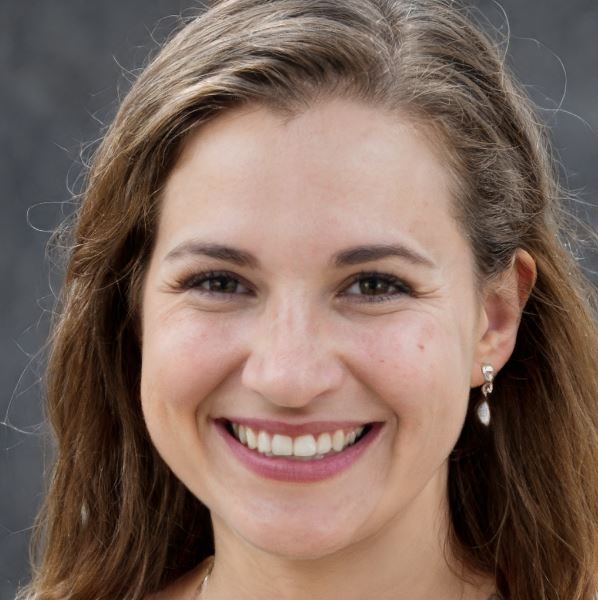
LAURA BURKETT
is a writer, digital marketing specialist, and human resource specialist. She creates content and contributes to several blogs and websites regularly. Laura writes about business, hiring, employment, employee engagement, career advice, and digital marketing.
She worked as a hiring manager for years before pursuing a career in digital marketing and writing.






